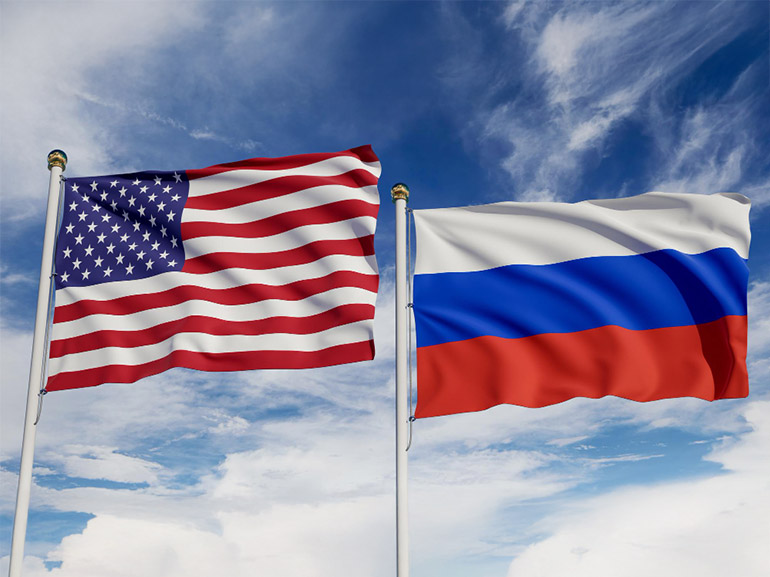Weekly Summary - 14 August 2025: Inflation Trends, Central Banks, Market Highs & BBVA’s Strategic Push
As we head into the weekend, this week’s market headlines revolved around inflation surprises, pivotal central bank meetings, corporate earnings, and a bold move in European banking. With economic data painting a clearer picture of slowing inflation and easing trade tensions, investors responded with optimism. Here’s a look at the top stories that moved the markets this week.

US Economic Data: Inflation Eases, Markets Brace for Fed Decisions
This week’s economic calendar was packed with key indicators, particularly focused on the US Consumer Price Index (CPI), which showed inflation slowing more than expected. Market participants interpreted the softer inflation figures as a green light for the Federal Reserve to maintain its current policy path. Meanwhile, earnings reports and a cautious tone from several Fed speakers kept volatility low. Central bank meetings in the UK, Japan, and New Zealand added to the global monetary policy picture.
Eurozone Inflation Cools Across Major Economies
In Europe, inflation data from Spain, Germany, and France surprised markets with softer prints across the board, reinforcing the view that the European Central Bank (ECB) may delay further rate hikes. The CPI figures across the Eurozone indicated a decelerating trend, with energy prices stabilising and food inflation easing. Investors took this as a sign of possible ECB policy flexibility heading into autumn, and yields across European bonds declined slightly in response.
The Fed’s Dilemma: Inflation Falls Amid Trade and Labour Challenges
The US Federal Reserve now faces a complex decision matrix as cooling CPI figures clash with an uncertain labour market and ongoing global trade tensions. While inflation data provided relief, the Fed remains cautious, balancing slower price growth with geopolitical risks and employment fragility. Markets expect the Fed to pause in the near term but keep a hawkish tone if external risks escalate again.
BBVA Pushes Ahead with Sabadell Takeover Despite TSB Divestment
BBVA continued its aggressive expansion strategy this week by advancing its takeover of Banco Sabadell, even after announcing the sale of TSB. The deal highlights the Spanish banking giant’s aim to consolidate its domestic footprint and achieve cost synergies. Despite regulatory hurdles and some investor caution, BBVA appears confident in the strategic value of this move.
Global Equities Surge on Trade Truce and Easing Inflation
Markets rallied strongly this week, buoyed by signs of a trade truce and lower inflation. Major indices reached record highs as investor sentiment shifted sharply positive. Lower-than-expected CPI data, both in the US and Europe, contributed to expectations of extended monetary support, while diplomatic signals between the US and China eased geopolitical tension. Technology and consumer sectors led the gains, supported by resilient earnings.
Conclusion
This week brought a wave of economic clarity: inflation is easing, central banks are taking stock, and corporate strategies are gaining momentum. While global uncertainties persist, particularly in labour markets and geopolitics, investor sentiment is noticeably more optimistic. The coming weeks will likely reveal whether this momentum has staying power or if caution will return with the next round of data.
FAQs
What were the key takeaways from this week's inflation data?
Both US and Eurozone CPI showed slower inflation, increasing expectations that central banks may pause or delay further interest rate hikes.
How is the Fed reacting to current economic conditions?
The Fed is cautious. While falling inflation is positive, labour market uncertainty and trade tensions complicate policy decisions.
Why is BBVA acquiring Sabadell?
BBVA is aiming to consolidate its market position in Spain, despite divesting TSB. The Sabadell takeover fits into its long-term strategic growth plan.
What drove stock markets to record highs?
A combination of easing inflation, positive earnings, and improved trade relations helped push global equities to new highs this week.





